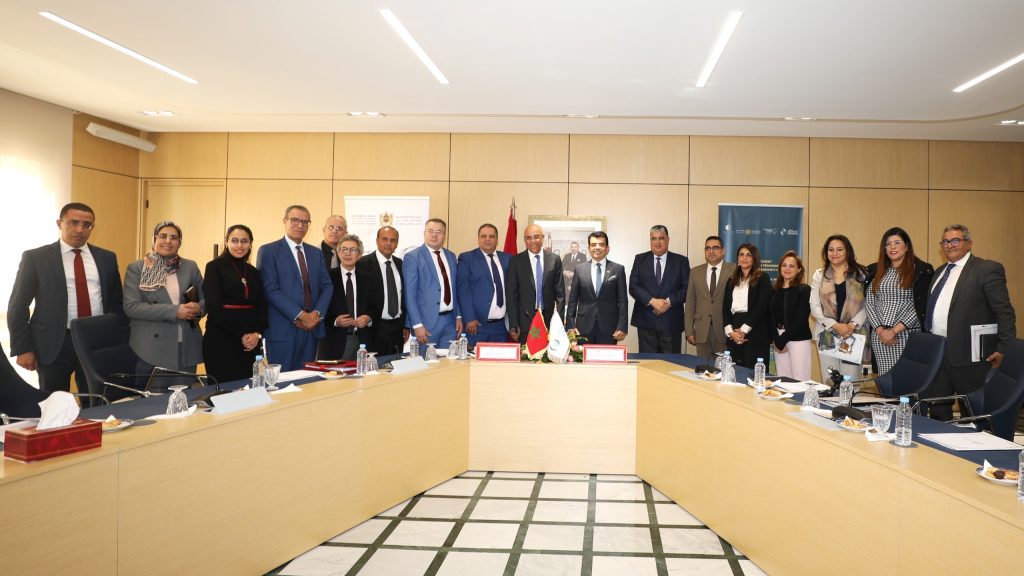
MoU signed to Launch Project on Building Capacities of Teaching Faculty in 12 Moroccan Universities
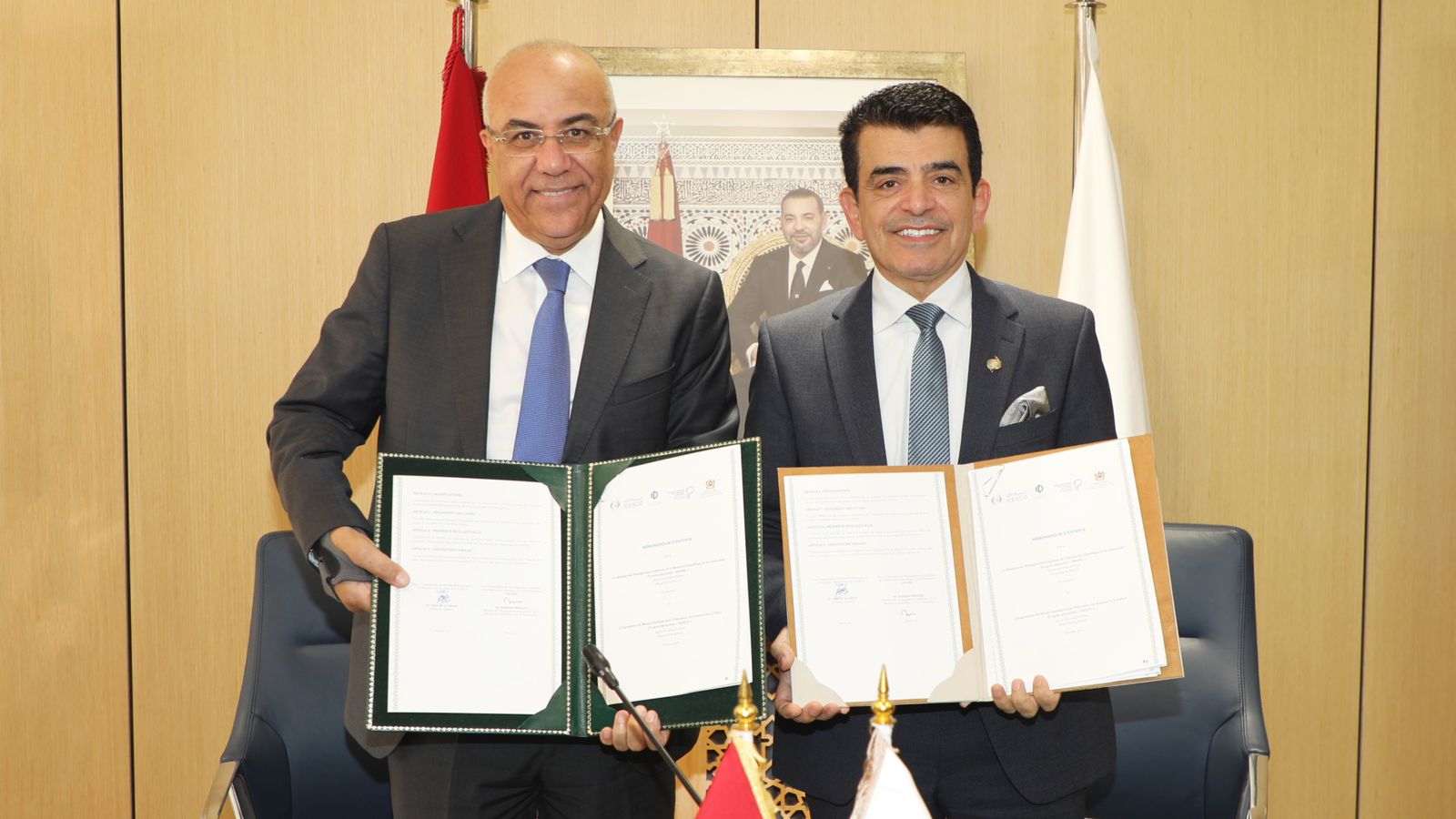
1 March 2024
The Islamic World Educational, Scientific, and Cultural Organization (ICESCO) and the Ministry of Higher Education, Scientific Research and Innovation of the Kingdom of Morocco signed a memorandum of understanding to launch a project on building the educational and digital capacities of the teaching faculty in universities and institutions of higher education.
The Project aims to train 600 professors in 12 Moroccan universities to utilize digital tools and open educational resources in teaching. During the signing ceremony, held on Thursday, 29 February 2024, at the Ministry’s headquarters, in the presence of several Moroccan university presidents and senior officials at the Ministry, Dr. Salim M. AlMalik, ICESCO Director-General, stated that regular classes and old-fashioned, traditional training and curricula cannot bridge the gap between us and the future, adding that skills and creativity are the most effective and efficient means to bridge this gap.
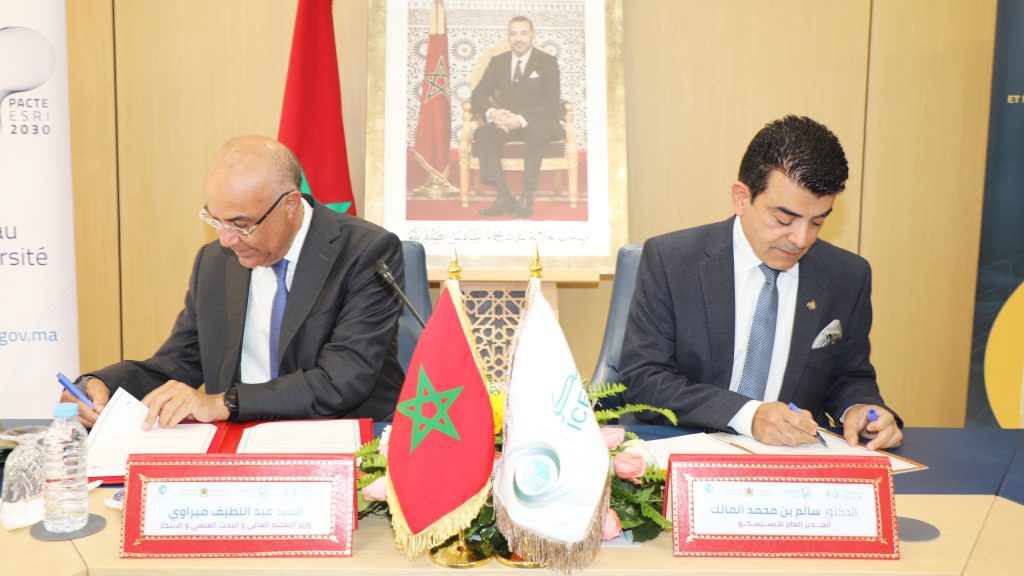
Dr. AlMalik added that Morocco is the first to benefit from this Project, which will be implemented in a number of countries in the Islamic world in later stages. He further explained that it aims to enhance the digital and educational skills of new professors and researchers and provide them with innovative educational and digital tools at all levels with a view to improving the quality of learning and training in universities.
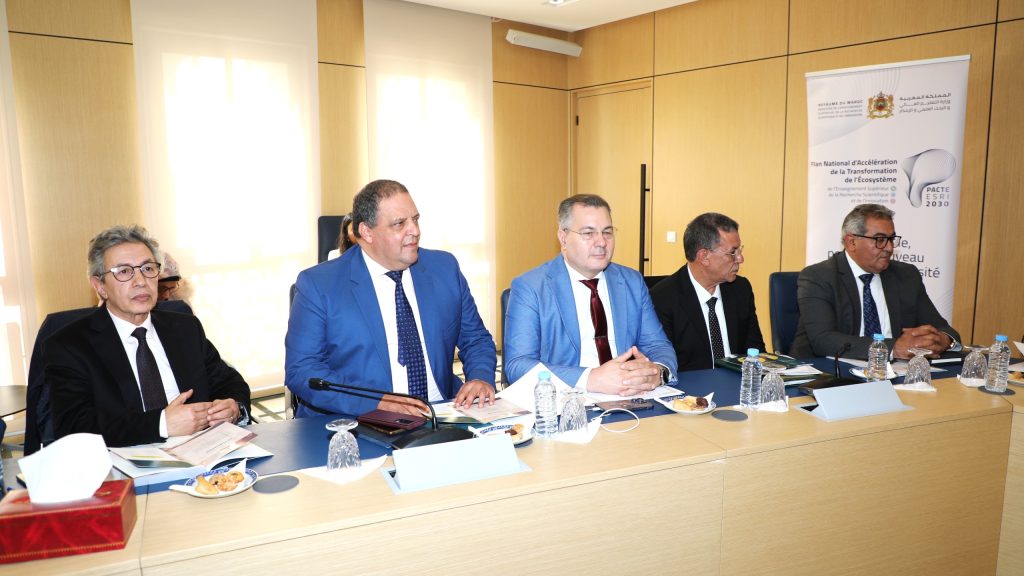
For his part, Dr. Abdellatif Miraoui, Moroccan Minister of Higher Education, Scientific Research and Innovation, lauded the project for its expected outcomes and added value as it will use an educational and digital inclusive approach to develop the skills of newly appointed faculty staff to the most modern international standards.
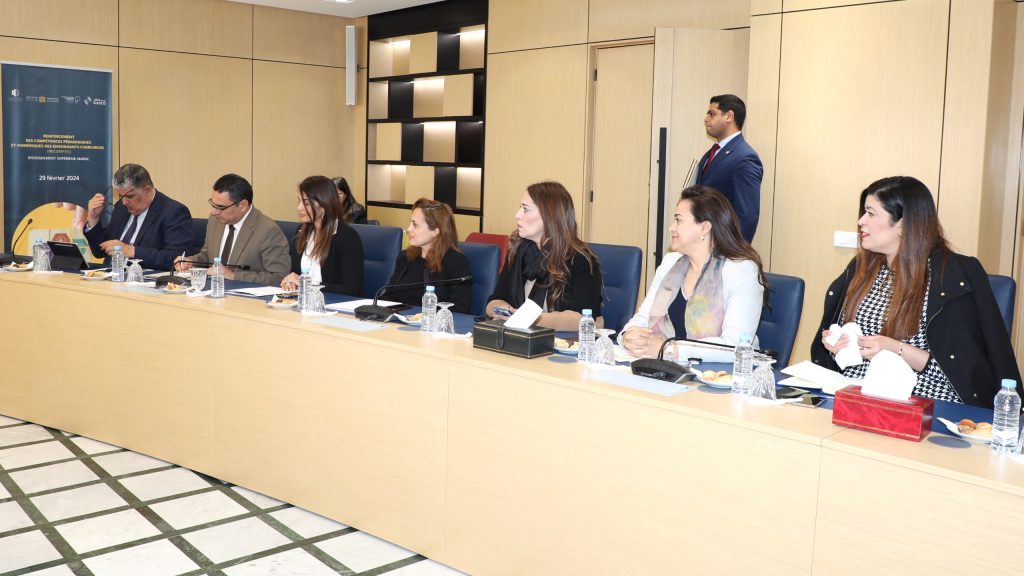
According to the terms of the memorandum of understanding, the project, being implemented by the Federation of the Universities of the Islamic World (FUIW), provides year-round four training courses on: “educational sciences and teaching methods at university”, “online teaching methods, e-learning tools and teaching on e-learning platforms”, “foundations of media coverage for studio production” and “open educational and digital resources, copyright and open licenses, and professional ethics and scientific integrity.”
